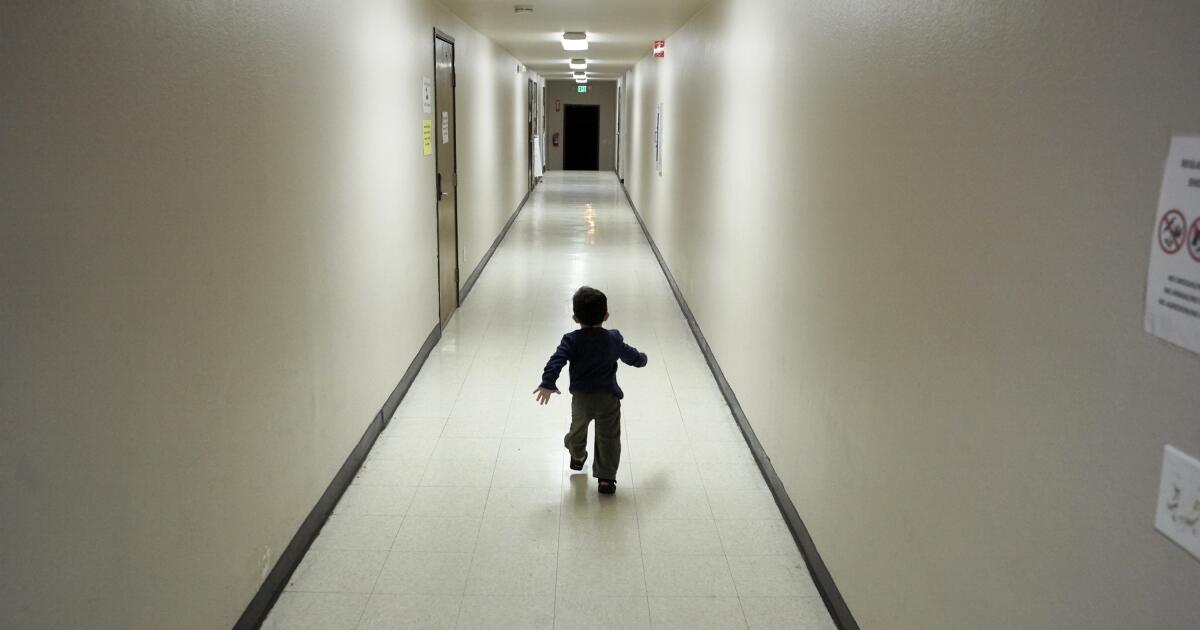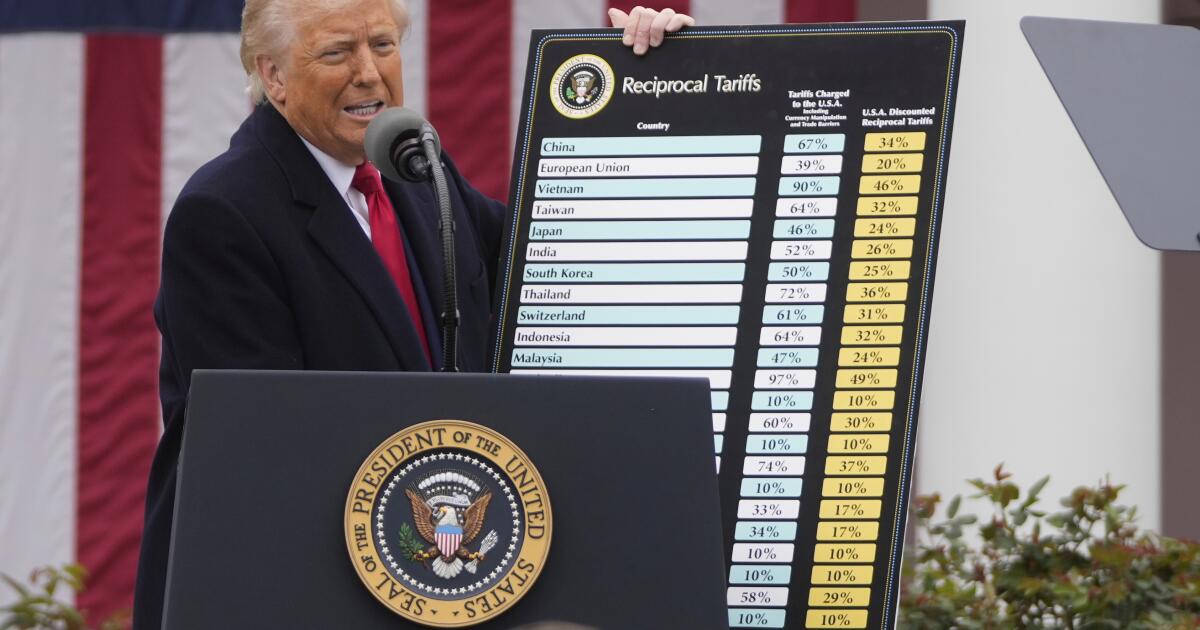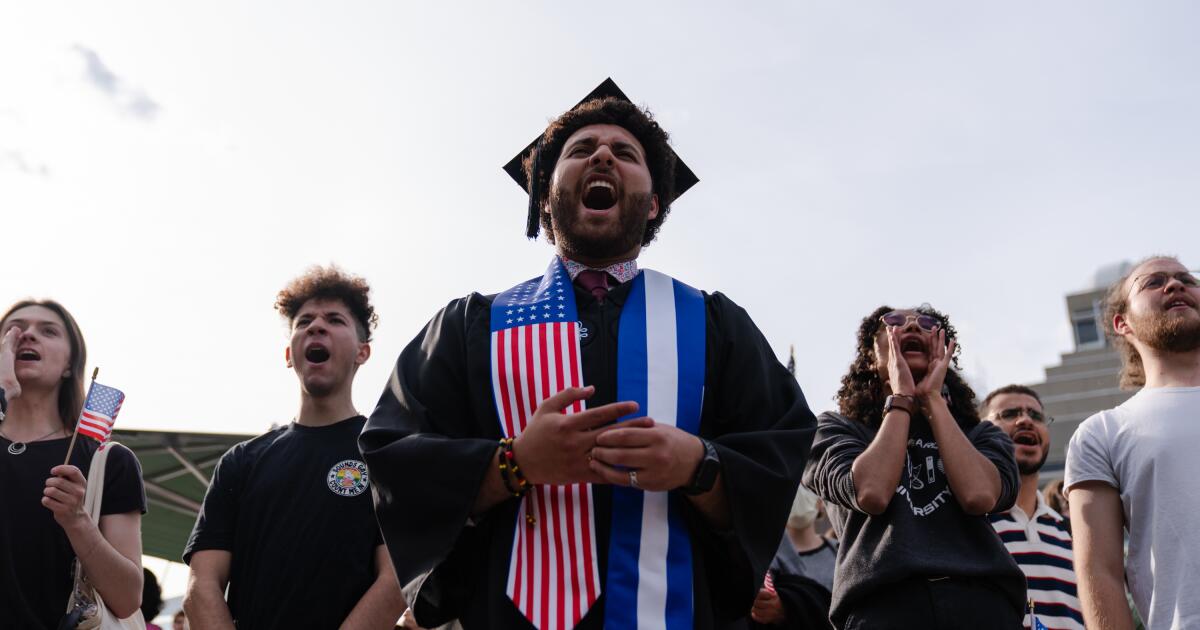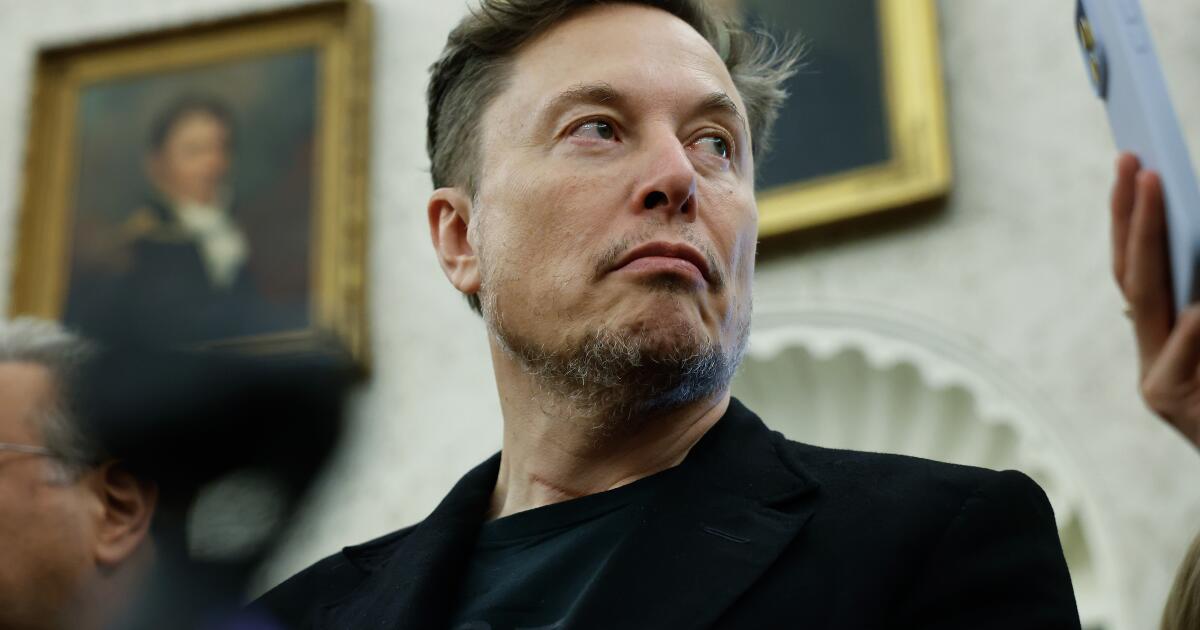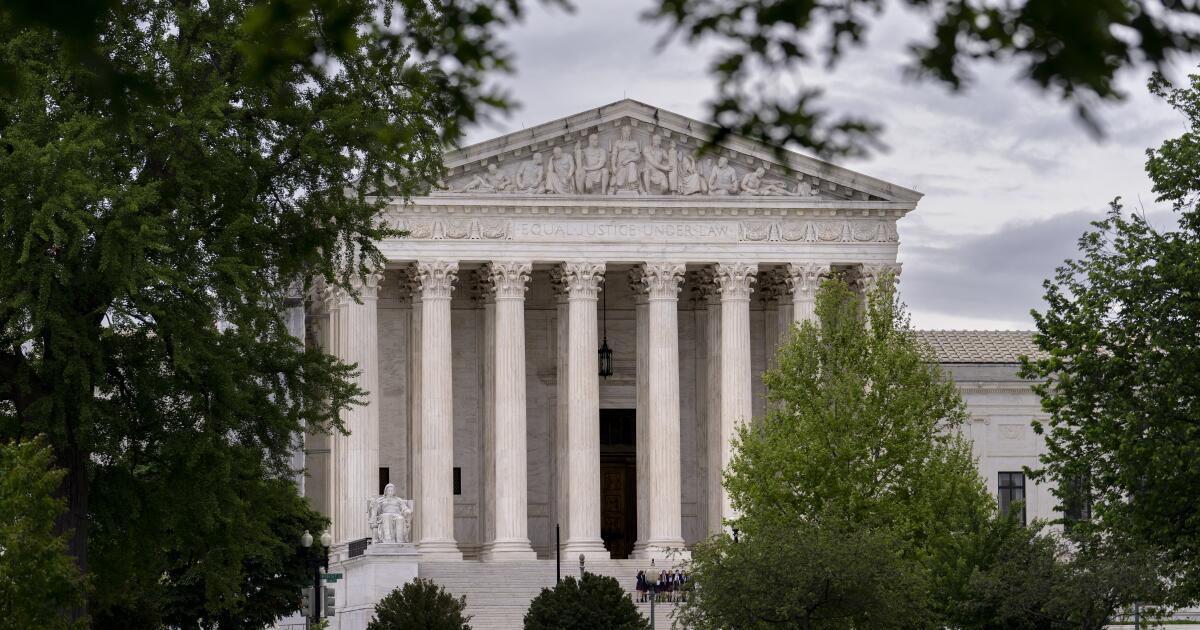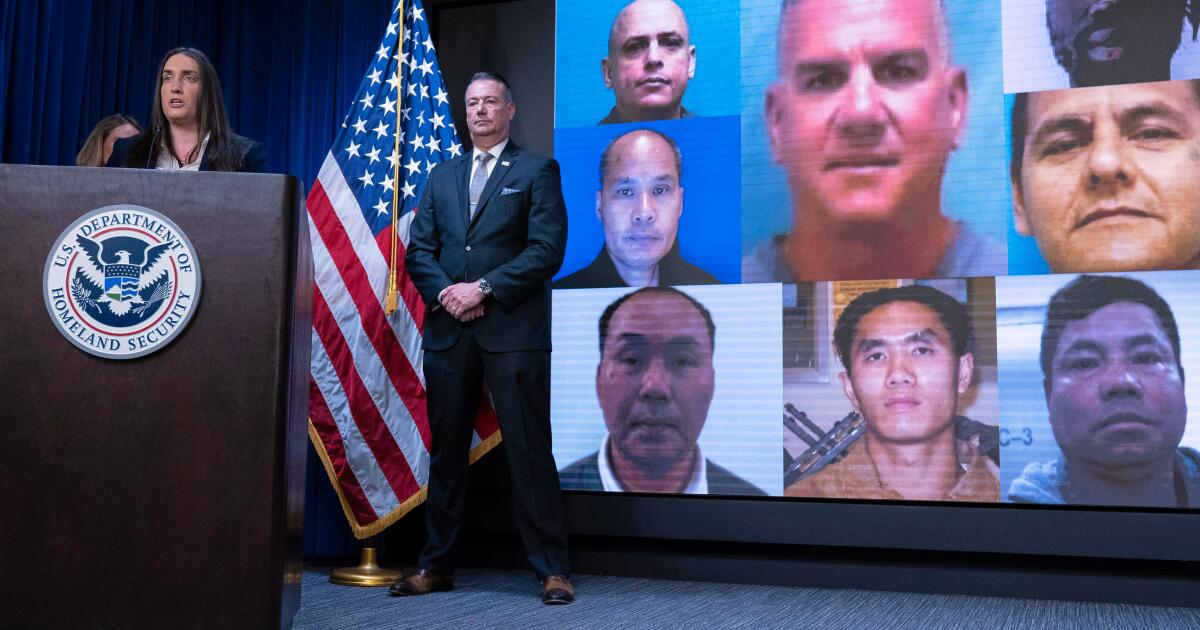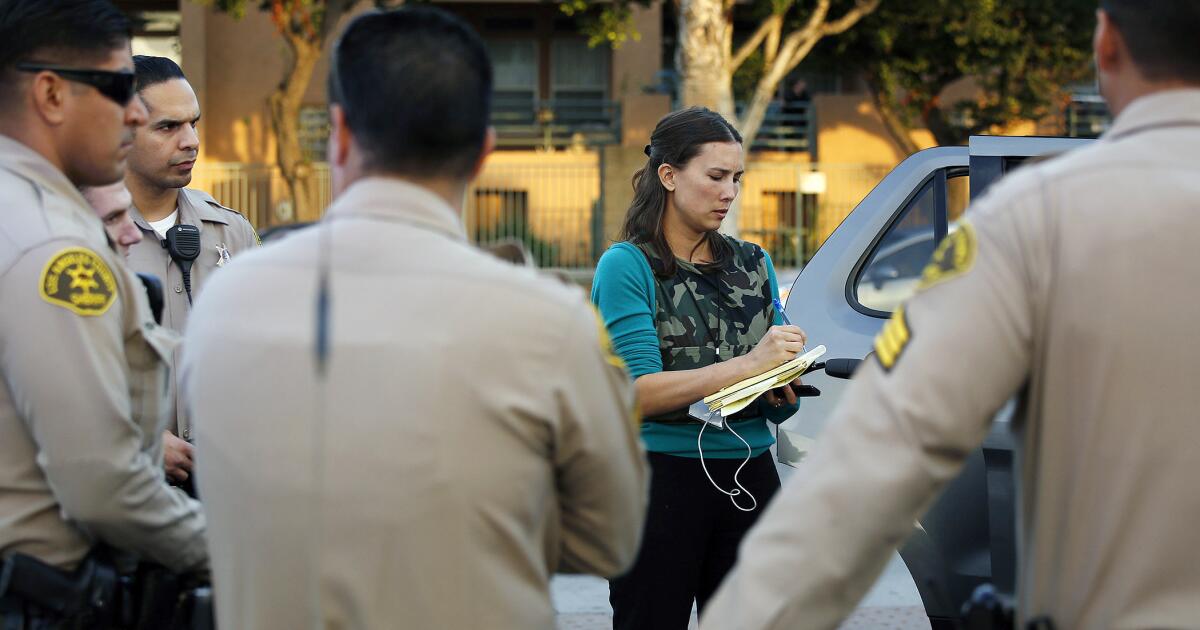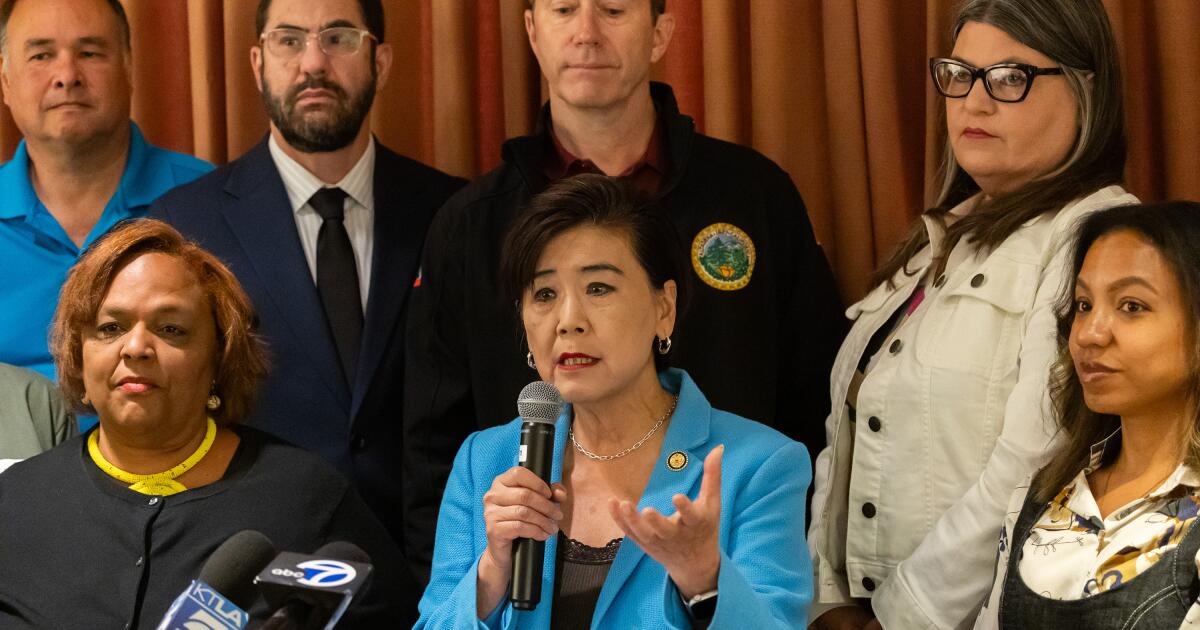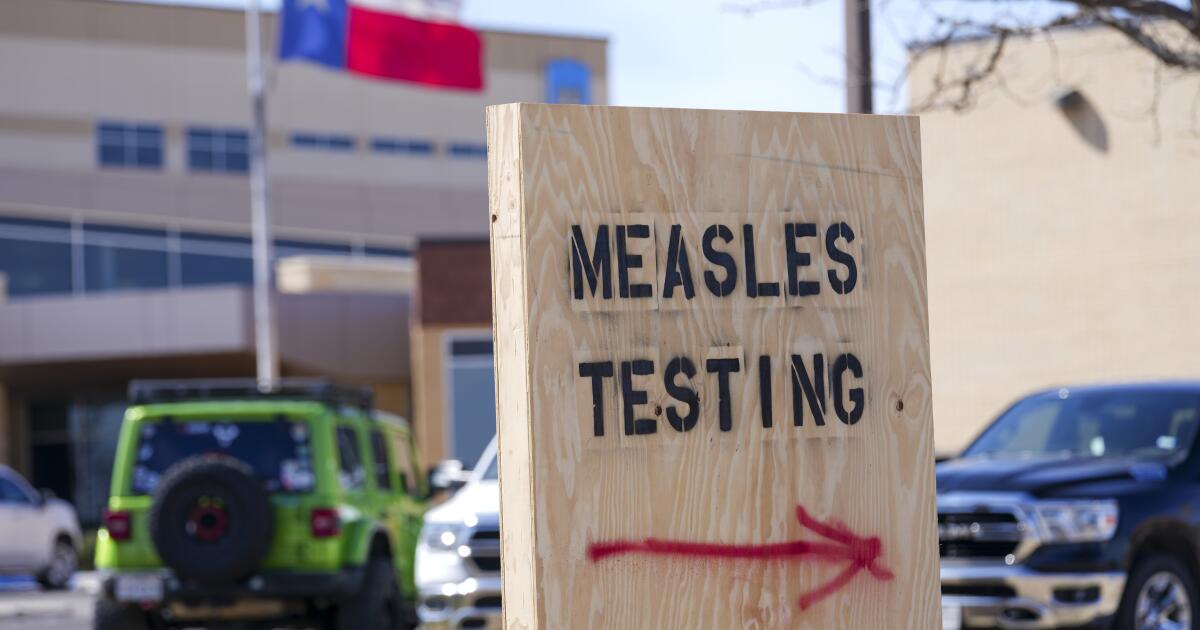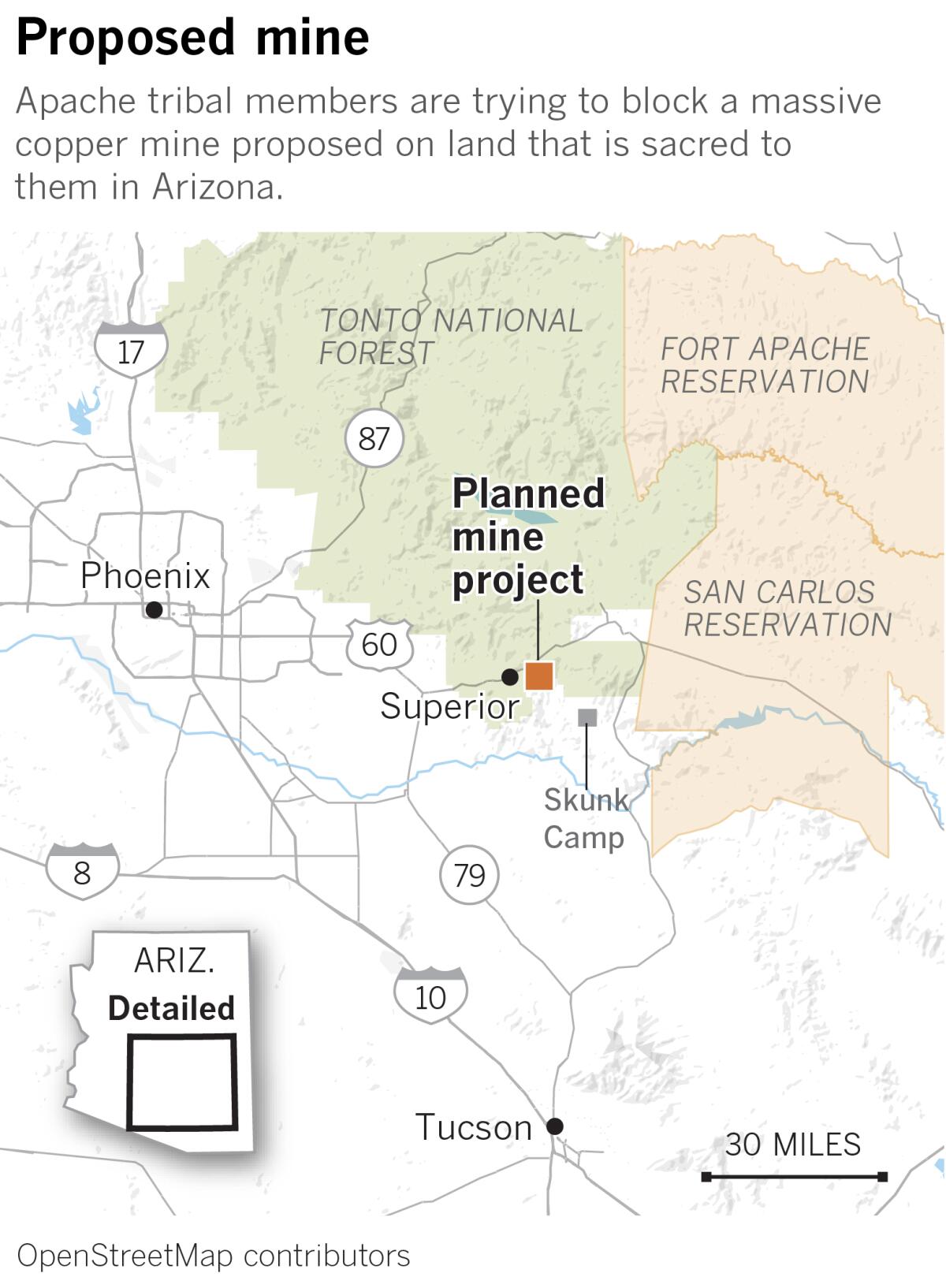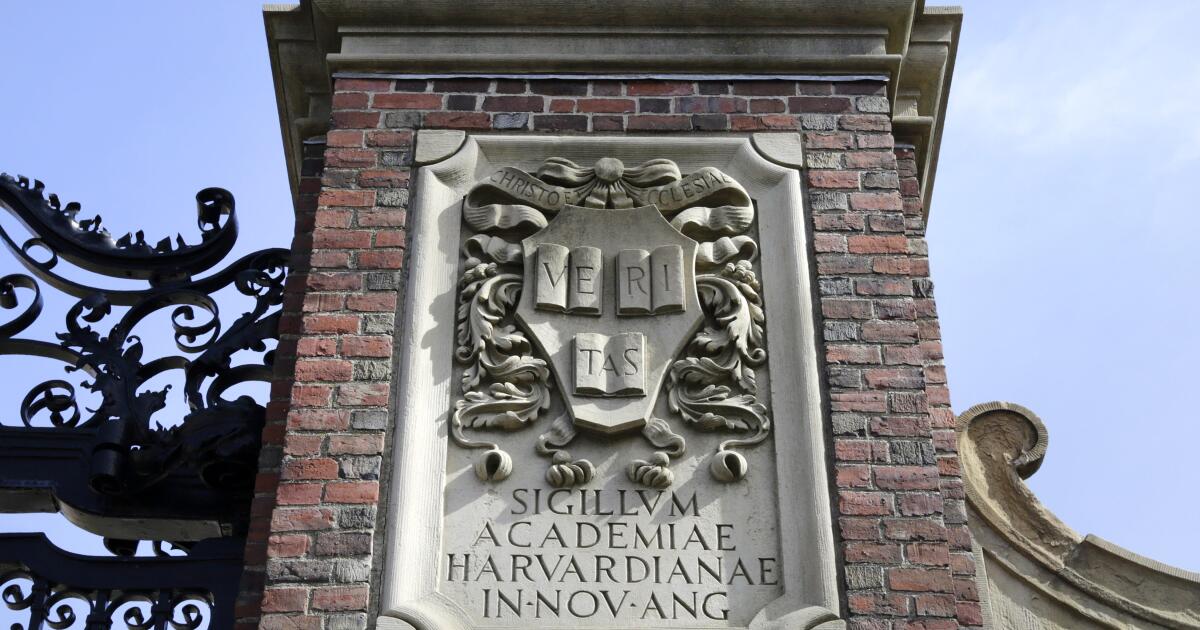WASHINGTON — When President Trump directed his attorney general last month to investigate online fundraising, he cited concerns that foreigners and fraudsters were using elaborate “schemes“ and “dummy accounts” to funnel illegal contributions to politicians and causes.
Instead of calling for an expansive probe, however, the president identified just one potential target: ActBlue, the Democrats’ online fundraising juggernaut, which has acknowledged receiving over 200 potentially illicit contributions last year from foreign internet addresses.
Trump’s announcement contained a glaring omission — his political committees also received scores of potentially problematic contributions.
An Associated Press review of donations to Trump over the past five years found 1,600 contributions from donors who live abroad, have close ties to foreign interests or failed to disclose basic information, often making it difficult, if not impossible, to identify them and verify the legality of their donations Among those was $5,000 linked to a derelict building, and $5,000 from a Chinese businessman who listed a La Quinta Inn as his address. Another sizable donation — $1 million — was made by the wife of an African oil and mining magnate.
It’s against the law for U.S. candidates and political committees to accept contributions from foreign nationals. Laws also place strict limits on donation amounts and prohibit the laundering of contributions to get around legal caps. For the most part, such donations have been policed by campaigns and the Federal Election Commission, with only the most egregious examples being targeted by federal law enforcement.
But after reclaiming the White House, Trump embarked on a campaign of retribution against his perceived enemies, launching broadsides against universities, law firms and his own former officials. If the Justice Department were to investigate ActBlue, it could imperil a key fundraising tool for Trump’s political rivals before the 2026 midterm elections, when Republicans’ threadbare House majority — and the president’s ability to pass an agenda through Congress — will be on the line.
“This is him taking direct aim at the center of Democratic and progressive fundraising to hamstring his political opponents,” said Ezra Reese, an attorney who leads the political law division at the Elias Law Group, a leading Democratic firm that does not represent ActBlue. “I don’t think there’s any question that they picked their target first. He’s not even pretending.”
Trump’s committees collected scores of donations from people living overseas
The White House did not respond to questions about Trump’s fundraising, including what sort of fraud prevention measures his committees have in place. Instead, a senior administration official pointed to the findings of a recent House Republican investigation of ActBlue that the White House alleges “uncovered specific evidence of potentially unlawful conduct.”
“The memorandum directs the attorney general to investigate this matter broadly, and she will follow the evidence and take appropriate action as warranted,” said the official, who insisted on anonymity to discuss the matter.
Neither the Justice Department nor Trump’s 2024 campaign co-manager Chris LaCivita responded to requests for comment.
U.S. citizens living abroad are free to donate to politicians back home. But it can be difficult even for campaigns to discern who is allowed to give and whether a person may be serving as a “straw” donor for someone else seeking to influence U.S. elections.
The AP identified only two Trump donors out of more than 200 living abroad whose U.S. citizenship was listed as “verified” in the president’s campaign finance reports. He received over 1,000 contributions from 150 donors who omitted key identifying details such as their city, state, address or country. Trump also received at least 90 contributions from people who did not give a full name, are listed as “anonymous” or whose donations include the notation “name not provided.”
Many of these Trump donors contributed through WinRed, the Republicans’ online fundraising platform that is the GOP’s answer to ActBlue. Only about three dozen of these contributions were rejected, most of which came from an unknown source and were paid in cryptocurrency, campaign finance disclosures show.
WinRed officials did not respond to a request for comment.
“Foreign money in our elections is a legitimate concern,” said Dan Weiner, a former Federal Election Commission attorney who is now director of the Brennan Center’s elections and government program. “What’s not legitimate is to single out one political opponent and pretend the problem is limited to them.”
Donating from a La Quinta Inn
Jiajun “Jack” Zhang, for example, is a jet-setting Chinese businessman whose Qingdao Scaffolding Co. boasts of being one of the “biggest manufacturers and suppliers in China” of scaffolding. In October, he used WinRed to donate $5,000 to Trump, campaign finance disclosures show.
Zhang lives in China’s Shandong province, according to his LinkedIn account, and is described in French business filings as a Chinese national. But his contribution to Trump lists a La Quinta Inn in Hawaiian Gardens, California, as his address, records show. The donation was made around the time that Zhang posted a photo on social media of his family visiting Disneyland, which is near the hotel.
Zhang did not respond to an email seeking comment.
Other potentially troublesome donations include four from unnamed donors listing an address of “999 Anonymous Dr.”
There is also a series of contributions made through WinRed that listed the donor’s address as a vacant building in Washington that was formerly a funeral home. The donor, identified only as “Alex, A” on Trump’s campaign finance report, gave nearly $5,000, spread across more than 40 separate transactions last year. Those types of donations tend to draw scrutiny from campaigns and regulators.
Regulators and watchdogs have also long been concerned about donations from individuals with ties to foreign interests. Trump has received many such contributions, including one in December from Nnenna Peters, the wife of Benedict Peters, a Nigerian billionaire who is the founder and CEO of oil and mining businesses.
Nnenna Peters, who goes by Ella, gave $1 million to Trump’s inaugural committee. A naturalized citizen, Nnenna Peters — who lives in Potomac, Maryland, a tony suburb of the capital — is allowed to make campaign donations.
Federal law, however, bars U.S. citizens from making contributions on behalf of a noncitizen spouse if the money is not a shared asset. For example, experts said, a husband could be prohibited from making a campaign donation using funds from a checking account solely in his wife’s name.
In practice, such a prohibition is hard to enforce because it is difficult to assess whether spouses are acting on their own accord or on behalf of significant others. Government watchdogs say donations like these raise the risk of an attempt to influence U.S. policy on behalf of a foreign interest.
That was precisely the kind of problem Trump cited in his executive order that singled out ActBlue.
Benedict Peters, as it turns out, has a lot to offer that could be of interest to Trump, who has made the extraction of natural resources a focus on his second administration. In particular, the Trump administration has sought to secure access to critical minerals that help power modern technology. Peters’ Aiteo Group markets itself as one of the largest energy conglomerates in Nigeria, while his company, Bravura Holdings, purports to hold the rights to vast critical mineral deposits across Africa.
His wife’s donation stands out in light of her past giving: She donated exclusively to Democrats, records show, including a $66,800 contribution to Hillary Clinton’s 2016 campaign.
“This clearly could have come from her husband,” said Craig Holman, a registered lobbyist for Public Citizen, a Washington-based government watchdog group. “This is something the FEC should take a very, very close look at.”
Benedict and Ella Peters did not respond to requests for comment.
Indifference towards campaign finance rules
The questionable donations fit a pattern for Trump, who has in the past exhibited indifference toward campaign finance rules and used his presidential powers to assist those facing legal trouble in such matters.
In January, Trump’s Justice Department dropped its case against former Rep. Jeff Fortenberry, a Nebraska Republican accused of accepting a $30,000 contribution from a Nigerian billionaire. During his first term, Trump pardoned conservative commentator Dinesh D’Souza and Republican donor Michael Liberty, who were both convicted of using straw donors to evade contribution limits. He also pardoned former California Rep. Duncan Hunter, who was convicted in 2020 of stealing $250,000 from his campaign fund.
Trump’s political efforts have also drawn contributions from straw donors and foreigners who have been subjected to legal scrutiny.
Among them is Barry Zekelman, a Canadian steel industry billionaire, who was fined $975,000 in 2022 by the Federal Election Commission for funneling $1.75 million to America First Action, Trump’s official super PAC, in 2018. The contribution helped Zekelman secure a dinner with Trump at which steel tariffs were discussed.
Two Soviet-born U.S. citizens, Lev Parnas and Igor Fruman, were convicted in a straw donor scheme that funneled $325,000 to the same super PAC in the runup to Trump’s losing 2020 reelection campaign.
Jesse Benton, a Republican political operative, was convicted in 2022 of serving as a straw donor for a Russian businessman who contributed $25,000 to Trump’s 2016 campaign.
Democrats say Trump’s focus on ActBlue is a lot to stomach in light of Trump’s acceptance of questionable donations and his seeming lack of interest in enforcing campaign finance laws more generally. They noted that Trump in February fired a commissioner at the Federal Election Commission. The firing, followed by the resignation of a Republican commissioner, has denied the agency the quorum necessary to enforce campaign finance laws and regulations.
“It’s telling that while Trump and his allies attack grassroots-funded platforms like ours, their own campaigns have welcomed money from questionable sources,” ActBlue spokesperson Megan Hughes said.
Republicans counter that there is well-founded reason to investigate the Democratic platform, which eased some fraud detection protocols in 2024 before the presidential election.
Democrats are concerned about ActBlue’s future
There is, however, a political upside to investigating ActBlue. The platform has proved more successful than WinRed, the Republican platform designed to imitate it, which took in less than half of the $3.8 billion that ActBlue raised during the 2024 election cycle.
ActBlue representatives declined to say whether they have been contacted by the Justice Department.
ActBlue is expected to battle any investigation. It took a different approach when a Republican-led congressional committee launched an investigation in 2023. That committee’s findings turned out to be the basis for some of the allegations cited by Trump in his executive order.
Democrats, meanwhile, are preparing for the worst.
“There is a pervasive fear that ActBlue could cease to exist,” said Matt Hodges, a veteran Democratic operative who served as the director of engineering for Joe Biden’s 2020 campaign. “That’s the worst fear people have — that this will escalate or drain legal resources that hinder their ability to operate.”
He predicted that the Democrats could lose more than $10 million in the short term if ActBlue were forced to shut down. That has led some Democrats to begin thinking about alternatives, but they acknowledged it might be too late to create something as successful as ActBlue with the midterms around the corner.
Slodysko and Peoples write for the Associated Press. Peoples reported from New York.


